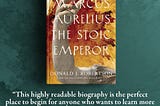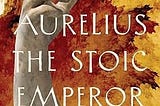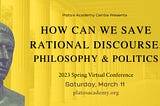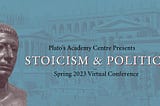Featured Book
See all (2)
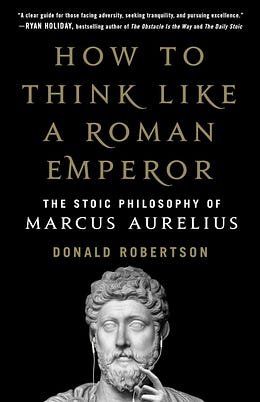
How to Think Like a Roman Emperor: The Stoic Philosophy of Marcus Aurelius
How to Think Like a Roman Emperor: The Stoic Philosophy of Marcus Aurelius
The life-changing principles of Stoicism taught through the story of its most famous proponent.
2019
Donald J. Robertson
Donald J. Robertson
